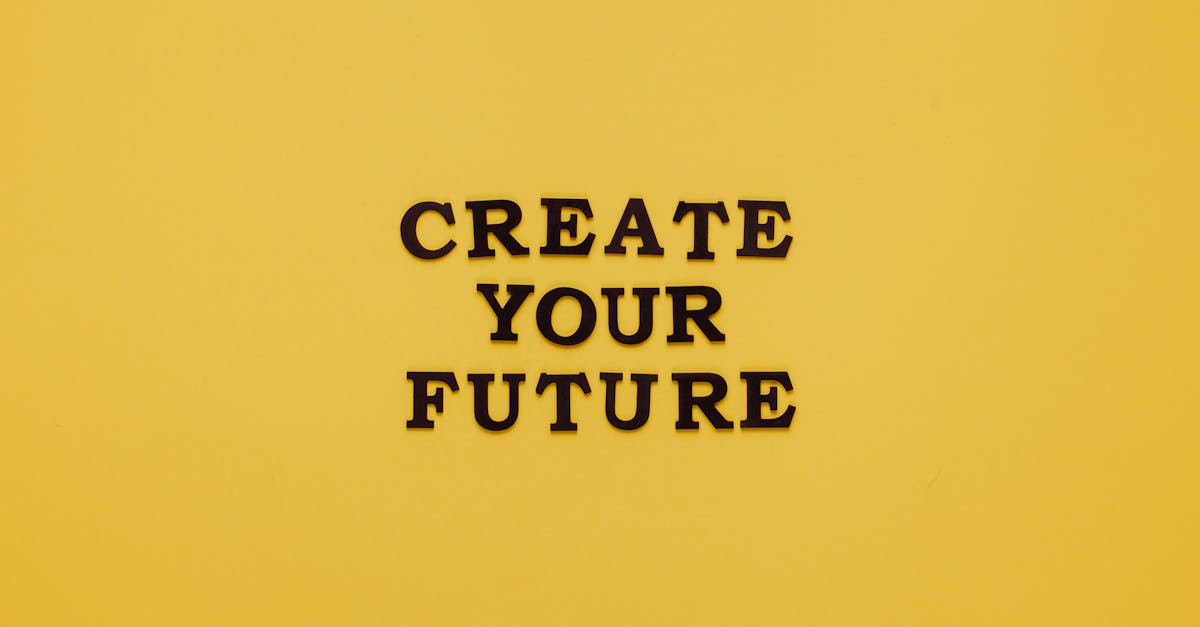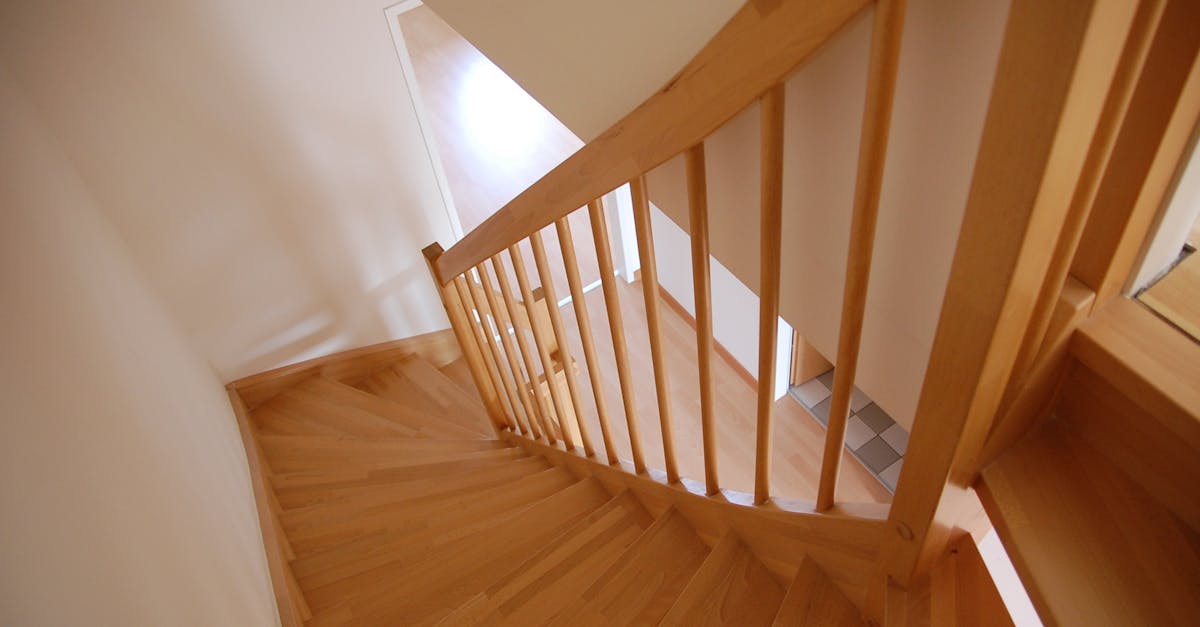Guide to Adopting a Minimalist Lifestyle
Understanding Minimalism
In a world where consumerism and material accretion reign supreme, making the conscious decision to live minimally can seem revolutionary. Minimalist living emphasizes simplicity and the idea that less is more—not just with physical belongings, but in mental, emotional, and digital spheres as well. This lifestyle is about shedding excess to allow more space for meaningful experiences. The allure of a minimalist life is its potential to foster focus, tranquility, and sustainability. From reducing stress to enhancing personal growth, the benefits are multifaceted, making minimalism both a practical and philosophical journey for those who embark on it.
Advertisement
Establishing Your 'Why'
Before diving into decluttering, it's essential to reflect on why you want to pursue minimalism. Are you seeking more freedom? Is reducing stress and anxiety your primary aim? Perhaps you're interested in adopting a more sustainable way of living. By clearly defining your motivations, your minimalist journey will hold more purpose, serving as a guiding principle in the times you feel tempted to revert to old habits. Consider writing down your goals and having candid conversations with yourself to better understand what you hope to gain from this lifestyle shift.
Advertisement
Declutter and Simplify
The first step in minimalist living is decluttering your environment. Begin with a room that requires the most attention, such as a basement or attic. Sort through items, deciding what you truly need and cherish versus what no longer serves a purpose. Donating or recycling can help repurpose your items. As you declutter tangible belongings, extend the practice to your digital life. Unsubscribe from unnecessary emails, organize files, and purge unused apps to cultivate a cleaner, more efficient digital existence. The ongoing process of decluttering can act as a liberating experience, enabling you to breathe easier.
Advertisement
Mindful Consumption
Minimalism's essence lies not just in cleaning out but also in being deliberate about what you bring into your life. Cultivate a habit of mindful consumption by questioning each potential purchase. Ask yourself if it aligns with your minimalist goals and if it will add genuine value. Recognizing the difference between 'want' and 'need' can help curb impulsive buying, leading to savings both financially and environmentally. When purchasing is necessary, consider opting for quality over quantity, choosing items designed to last.
Advertisement
Crafting a Routine
Apart from physical belongings, minimalism can simplify daily routines. By creating a consistent rhythm to your day, chaos becomes manageable instead of overwhelming. Craft a morning and evening routine that carves out time for mindfulness, relaxation, or exercising, nurturing a balanced lifestyle. Simplifying meal plans and mastering a capsule wardrobe can take unnecessary decision-making out of daily equations. These habits are not restraints but investments in increased productivity and mindfulness throughout your day.
Advertisement
Fostering Emotional Clarity
Minimalist living extends into the emotional realm, where understanding and dealing with one's feelings is paramount. Reflect on relationships, distinguishing those that uplift and support from those that drain or dishearten you. This isn't about isolating oneself but about nurturing meaningful connections. Share with friends and family why minimalism is vital to you, seeking supportive allies in your pursuit of clarity and simplicity. Engaging in regular introspection and gratitude can further instill peace and contentment in your emotional world.
Advertisement
Reducing Information Overload
In today's digital age, minimizing information consumption is challenging yet crucial. Foster a peaceful mental space by limiting news and social media intake, choosing only high-quality, relevant information. Set designated times for checking emails or social platforms to avoid constant distractions. Instead of endlessly consuming information, focus on absorbing content that inspires personal growth. Fostering a concise and intentional consumption habit can illuminate clarity and creativity.
Advertisement
The Environmental Impact
Adopting a minimalist lifestyle is intrinsically linked to sustainable living. By choosing to own less and consume mindfully, the strain on the planet's resources diminishes. Minimalists are often keen recyclers and conscious buyers, reflecting an environmentally friendly demeanor. This lifestyle reduces waste, paving a path towards a more sustainable and resource-efficient future. If making a positive environmental impact is part of your minimalist motivation, these choices ripple outward, influencing those in your orbit.
Advertisement
Challenges and Inspirations
Transitioning to a minimalist lifestyle is not without its difficulties. Due to societal norms that celebrate accumulation, individuals might initially face skepticism or self-doubt. Additionally, the decluttering process can unearth emotional roadblocks or attachments to personal items. Give yourself grace and patience throughout your journey, acknowledging that minimalism is not a destination but a continuous path of personal growth. Seek inspiration from minimalist communities, literature, and other enthusiasts to reinvigorate your commitment to this lifestyle.
Advertisement
Embracing a New Perspective
In conclusion, minimalist living can significantly reshape how one approaches life's priorities by reducing the material load—physical and mental—freeing up space for true purpose and happiness. This conscious journey requires effort but offers boundless rewards, promoting clarity, calm, and meaningful living. Remember, minimalism is personal and adaptable, allowing you to tailor the lifestyle that aligns best with your values. As you navigate your minimalist path, savor the newfound space—physically and mentally—for what genuinely matters.
Advertisement
